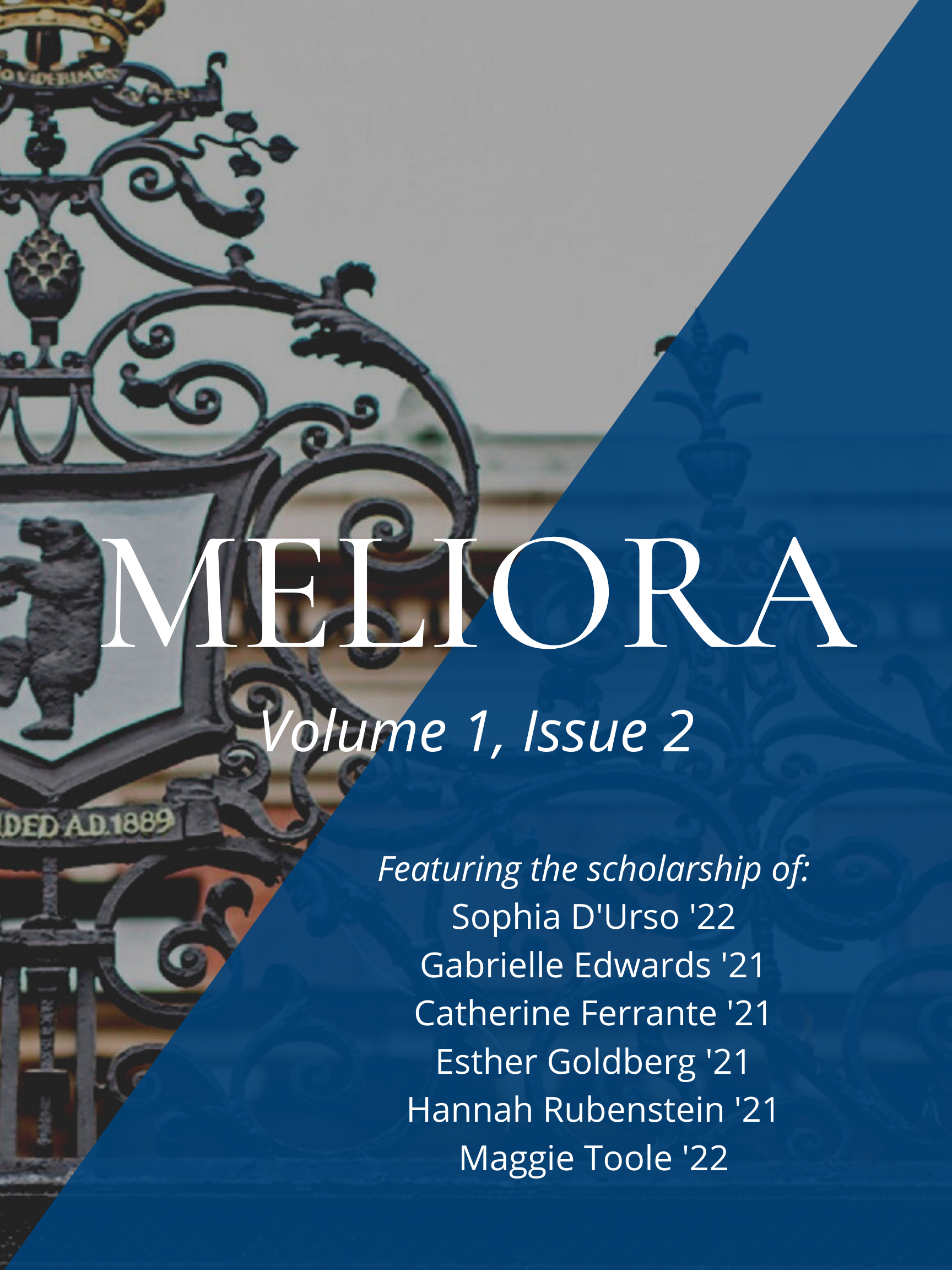摘要
This paper explores the lived philosophy of Ishmael in Herman Melville’s epic, Moby-Dick, particularly as it contrasts with Captain Ahab. Furthermore, this paper examines how Ahab’s narcissism ushers him towards death, while Ishmael’s collectivism guides him towards life. While Ahab is obsessed with himself and his goal of killing Moby Dick, which leads to his own demise, Ishmael is focused on exploring people and their respective philosophies in order to express the infinite spiritual aspects of human life. Ishmael learns from his mistakes, listens to the perspectives of others, and searches for spirituality through various religious and secular means. The form of the novel mirrors its narrator’s wide and wandering curiosity, as Ishamel shares with the reader both the narrative story of the Pequod and worldly facts about the sperm whale. The novel’s form enhances Ishamel’s actions within the story, revealing a nuanced philosophy that values human connection and curiosity. While some scholars have made claims that Ishmael’s narrative style reflects his confusion or ambiguity, this paper argues that it is actually evidence of a life-sustaining philosophy, one which eventually saves Ishmael from being swallowed by the whirlpool caused by Ahab’s pride.
##submission.copyrightStatement##

